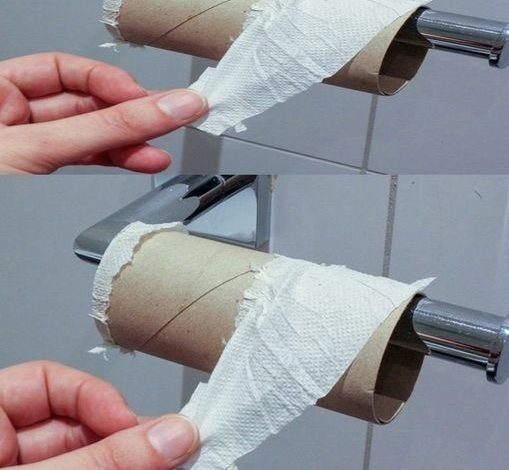Toilet paper has been a familiar part of daily life since the 1800s when Joseph Gayetty introduced the first commercial version in the United States, but what once felt like a modern marvel is now facing growing criticism for its environmental and health impacts. Making toilet paper requires cutting down millions of trees, using vast amounts of water and energy, and releasing pollutants through chemical bleaching processes, while transporting heavy rolls adds to global emissions. As climate concerns grow more urgent, manufacturers are under pressure to find cleaner, more sustainable alternatives.
Continue reading on the next page…

